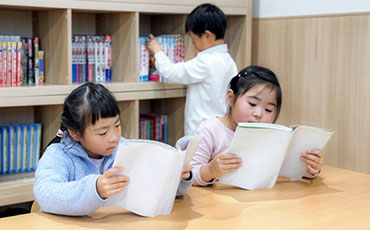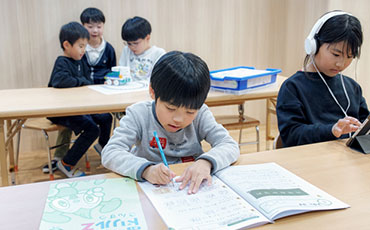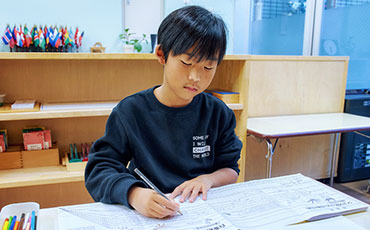After School
- Project study and individual work information
Project study
In groups of two or more, the children work on a project for three months and then present the results of their work.
Each project is carried out by the children themselves, but staff will assist them by using online tools and visiting the School when necessary.
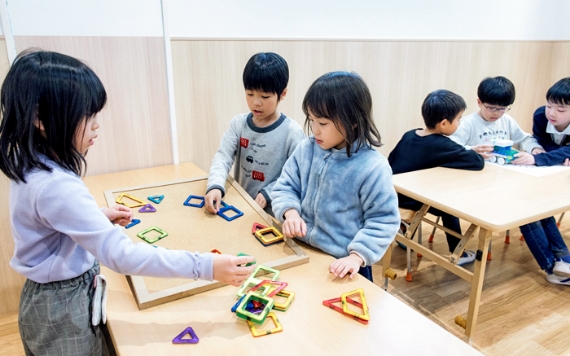
Project examples
S (Science)
Laboratory classes
T (Technology)
Programming, Robotics
E (Engineering)
Electronics
A (Arts)
Painting, Modeling, Dance, Music, Drama, Story Creation
M (Mathematics)
Algebra, Geometry, Analysis
Schedule flow over 4 months(16 weeks)
Week 1
Decide on project teams, decide on what to explore
Week 2
Support request
Weeks 3-14
Children take the lead in the project
Weeks 15-16
Results presentation (families may be asked to observe)
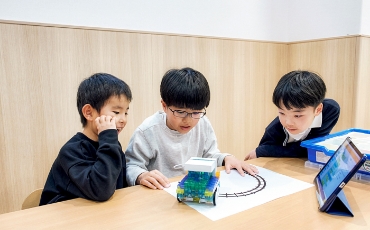
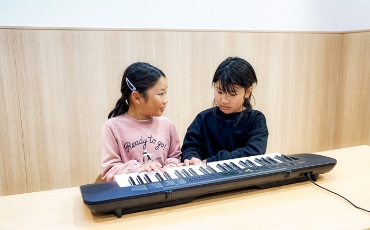
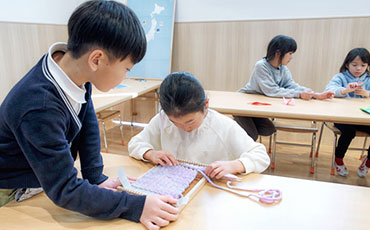
The yearly schedule
April:
(the new year)
Project 3 Results presentation
Project 1 Team selection, schedule creation, preparation
May:
Project 1
June:
Project 1
July:
Project 1
August:
Project 1 Results presentation
Project 2 team selection, schedule creation, preparation
September:
Project 2
October:
Project 2
November:
Project 2
December:
Project 2 Results presentation
Project 3 team selection, schedule creation, Preparation
January:
Project 3
February:
Project 3
March:
Project 3
Individual Work
This is an activity (the work they do) that each child works on outside of project time.
School staff will meet with the children once a week to check their progress.
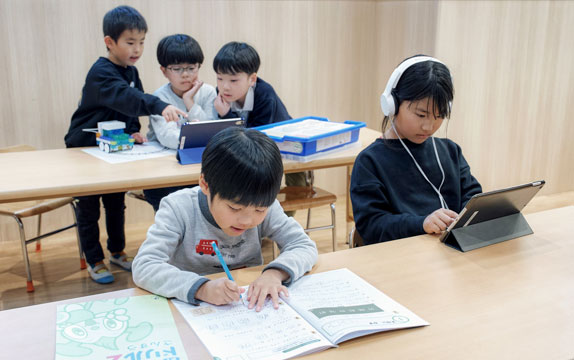
Project examples
The schedule
Once a week individual work interview
During the interviews, the goal and how it can be achieved will be discussed.
The children set both the number of work assignments and the length of time they work on them. They can work on multiple work assignments at the same time or one at a time.
In addition, children are encouraged to complete their work through daily to-do checks, revisions, and progress checks.
